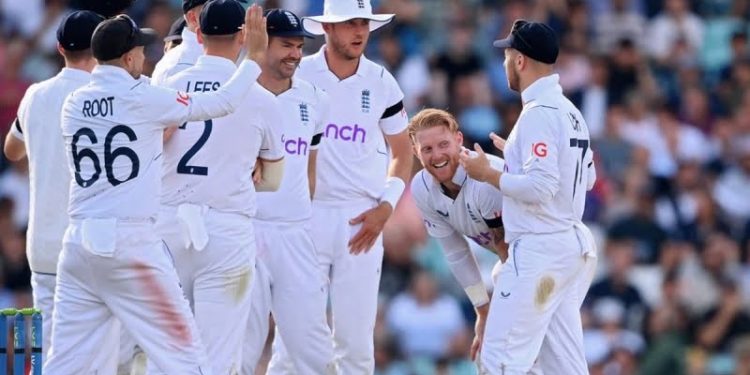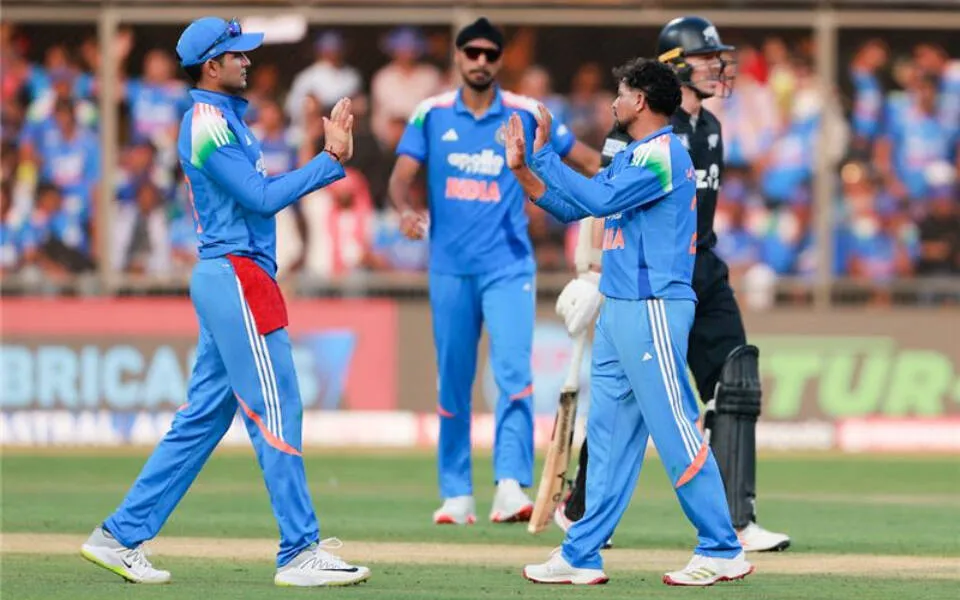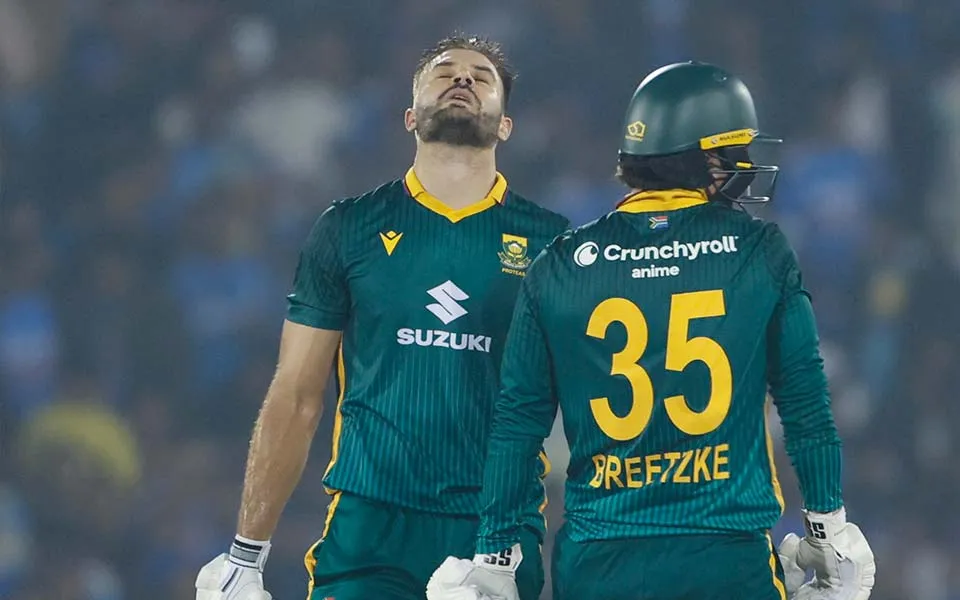In response to Greg Barclay’s question about how Test cricket is changing, Richard Thompson said he will speak with him about it.
The fourth Ashes Test in Manchester was marred by rain, which ended England’s chances of regaining the men’s Ashes and rekindled the discussion about cricket calendar flexibility. The International Cricket Council (ICC) chair, Greg Barclay, will be urged to take into account more flexible scheduling possibilities by Richard Thompson, the chair of the England and Wales Cricket Board (ECB).
At Emirates Old Trafford, the fourth Ashes Test came to a dismal conclusion as the fifth day was abandoned without a single ball being bowled. To make matters worse, several overs had already been lost due to slow over-rates over the previous three days. In order to guarantee that all scheduled overs are bowled, Joe Root, a former captain of England, brought up the necessity for more flexibility in the playing times.
He emphasized how England has changed the format, increasing interest in and excitement for the event. To account for unforeseen situations like these and make timetables more flexible, Thompson agreed that the situation requires a larger discussion.
“I will definitely speak with Greg Barclay, the chair of the ICC, just so that he is aware of what England has done to Test cricket. This is a part of a larger dialogue to ensure that scheduling can be more flexible to accommodate this type of odd scenario because Test cricket has recently attracted a lot more enthusiasm and attention, he said in an interview with BBC Radio 4’s Today program.
Joe Root emphasized the rigidity of England’s playing schedule as one of his main talking points.
Despite the fact that it is still light until 10 p.m., the majority of Tests begin at 11 a.m. and rarely last past 7 p.m. Root questioned the necessity of inflexible regulations that limit players’ playing time and argued that creative solutions should be used to maximize play and make up for missed overs rather than punishing teams for slow overrates.
Thompson indicated that a review of the calendar and playing times could be helpful. Currently, the home board is given the ability to decide the playing hours for Test matches under the ICC’s playing conditions. However, he admitted that striking a balance between public expectations, broadcasters’ needs, and logistical realities is essential.
Even while the idea of reserve days, such as the one used in the World Test Championship final, has been hailed a fantastic one, putting it into practice for each Test would necessitate considerable changes to the overall schedule.




![[WATCH] IND vs NZ 2026: Virat Kohli gifts signed jersey to Daryl Mitchell after third ODI 5 [WATCH] IND vs NZ 2026: Virat Kohli gifts signed jersey to Daryl Mitchell after third ODI](https://cricketmood.com/wp-content/uploads/2026/01/Kohli-Mitchell.jpg)

